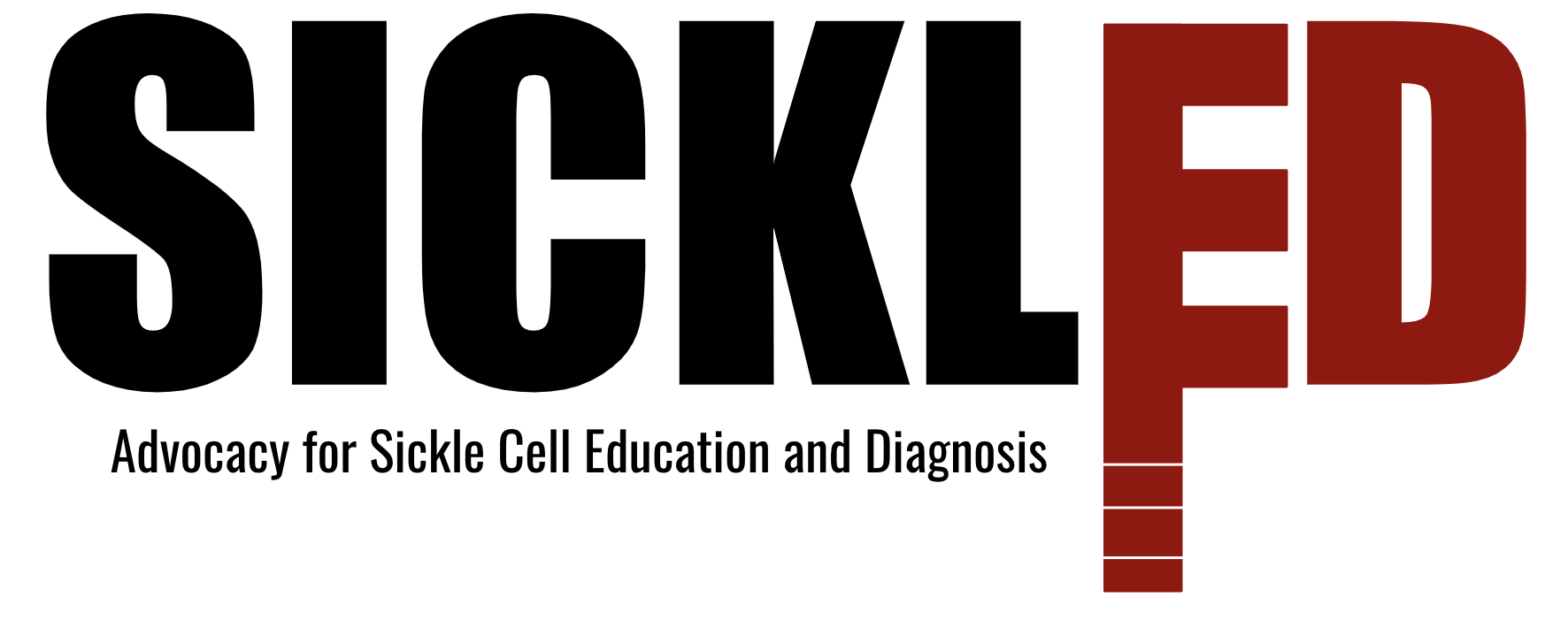After breakfast, the team arrived and World Hope prepared for our meeting with the Vice Chancellor of the University of Makeni, Prof. Joseph Sesay, and Prof. Mehta. We made some final edits to our slide before driving off with Prof. Mehta and Prof. Joseph.


Arriving at the Yoni campus at University of Makeni, we were under the balcony and up to the Vice Chancellor’s (VC)’s office. Sitting around a grand wooden conference table, we waited a few moments for the VC to come and greet us. Stepping out of his office, he invited us in. Joseph introduced us to the VC and we were offered coffee and tea. Then, Prof. Mehta led the conversation and introduced Lehigh and the Creative Inquiry program as a whole. The VC and Prof. Mehta found lots of common ground on impact-focused education.
We were really happy to observe this interaction as it aligned directly with our initiative. Having the ability to mobilize passionate students and educators through academic institutions in Makeni is an excellent way of keeping our venture active while we are away for most of the year.
In fact, Prof. Mehta was even proposing various methods and training programs that Lehigh and University of Makeni can get involved in together, so that they can foster a long lasting partnership that expands on experiential learning. Hopefully, the formation of these new programs in Sierra Leone will lead to an ideal pathway to implement our device.

We were able to sit with the Vice Chancellor and give a demo of our workshop after Prof. Mehta and he finished their chat. After Jake gave a brief overview of our venture, we sat down by the VC’s desk and set up a laptop with the slides, and started to go through them. It was a very informal presentation as the primary focus was getting feedback from the VC as an educator to see if there was anything we could do to make it better. The VC was very receptive to the material and seemed engaged throughout, asking questions when necessary.
He loved the presentation and we even talked about the possibility of showing it to the rest of the teaching staff at Uni Mak. Joe suggested creating a Google form with post-workshop questions on how teachers envision our material fitting into their curriculums. The VC agreed and even asked to stay in touch with the teams as we visit places throughout the duration of fieldwork. All in all, it was a great meeting and we can’t wait to collaborate with them in the future.


While we were presenting with the VC, Professor Mehta stepped out and got a tour of the lab facilities at Uni Mak’s Yoni campus. Upon hearing this, the team asked if we could see the lab as well and we all got a tour. According to the VC, the lab was internationally funded. Health teams from other countries had come into Sierra Leone with equipment during the ebola crisis, and when they left, Uni Make petitioned for some of the resources they had brought. In order to get into the lab, we had to take off our shoes, but seeing the interior made this small feat worth it. The lab had several of the same instruments we use back at Lehigh University, such as pipettes, hoods, PCR machines, as well as other technology. This was exciting because it potentially meant that we may be able to complete R&D/optimization activities in Sierra Leone, which we have never done before.

